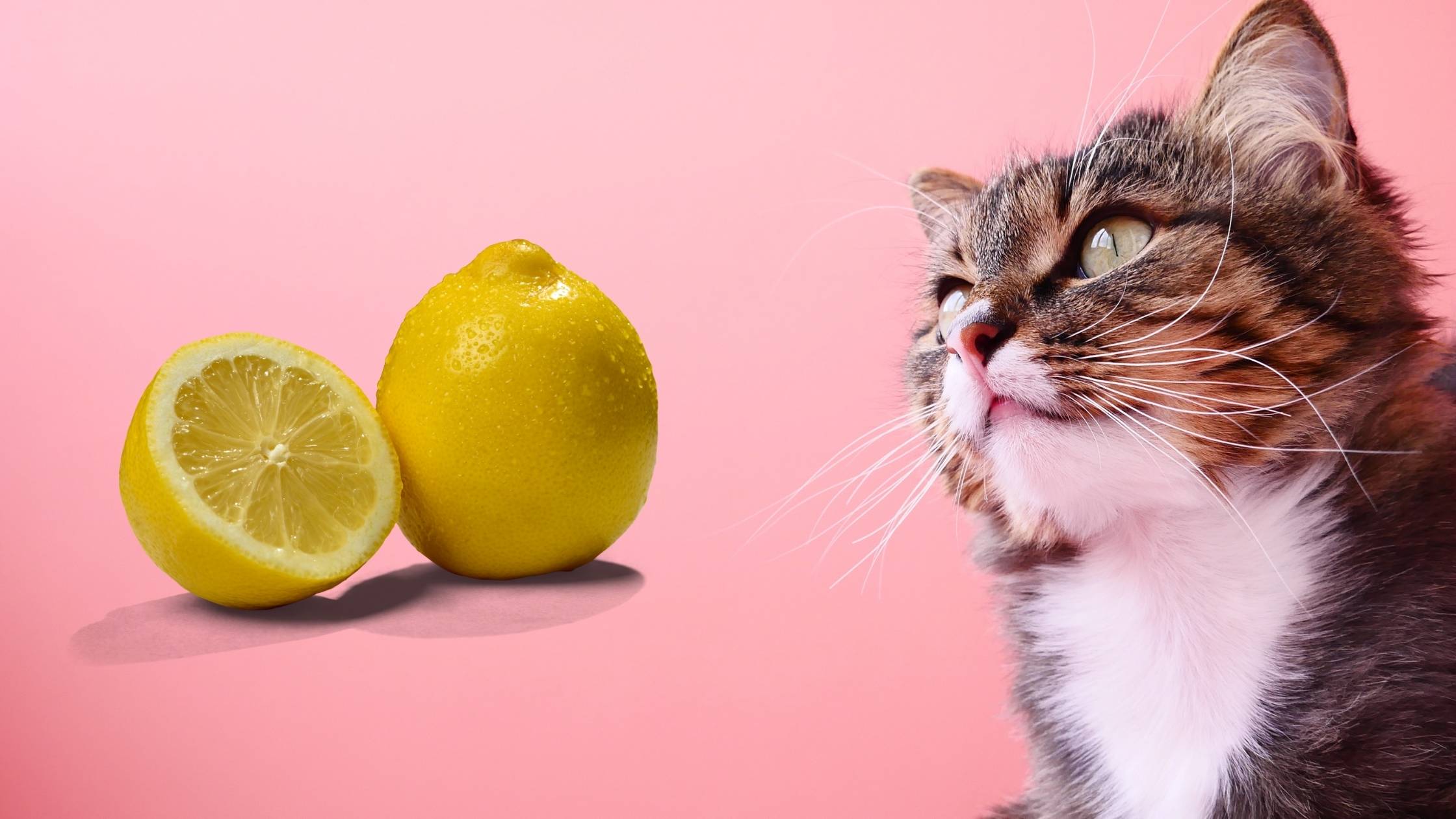Last Updated on 08/11/2021 by Veronica Jones
If you’re one of 42.7 million U.S. households that own a cat, you’ll know that cats are curious creatures who love to jump up on high surfaces such as worktops to see what their owners are doing. Exploring new things is an instinct that helps kitties survive in the wild, but can this trait cause them harm in our homes, especially when it comes to certain foods? So, can cats eat lemon? We explain what happens if a cat eats a lemon, the symptoms to watch out for and what you should do.
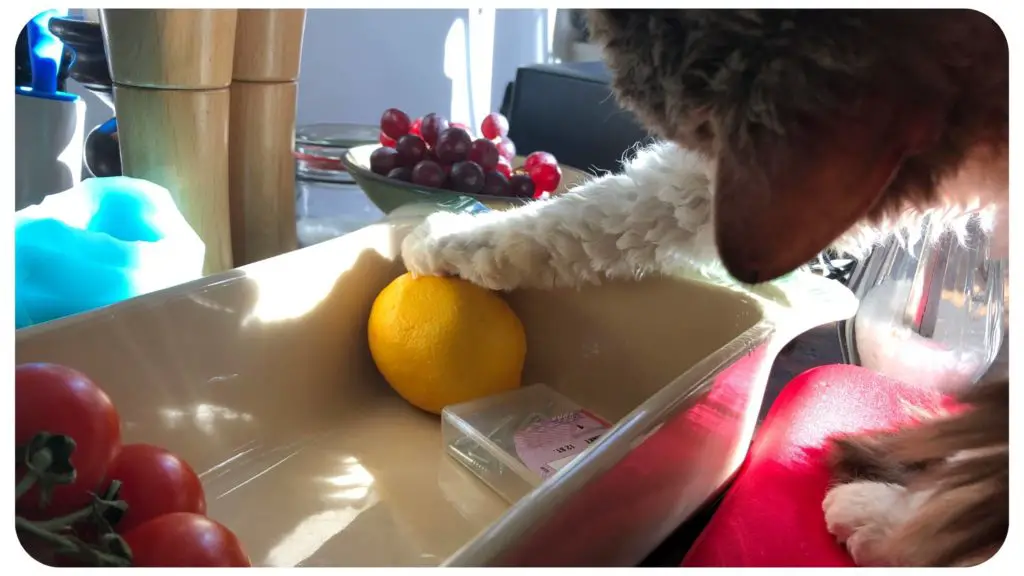
Can cats eat lemon?
No, lemons are toxic to cats and should be kept out of reach of felines at all times. Lemons contain toxic compounds such as linalool, limonene and psoralens that can make your cat very poorly. Psoralens are phototoxic, which can cause skin burns in cats after exposure to sunlight.
Can cats eat lemon juice?
No, all parts of the lemon (skin, seeds, juice and pulp) are poisonous to cats and should be avoided. Even a tiny amount is enough to cause your kitty gastrointestinal distress and a lot of pain and discomfort.
Your feline friend could even become ill by getting lemon juice on their paws and skin, which is why it’s important to safely clean and disinfect areas where you have been preparing citrus fruits. Read household product labels carefully to make sure the ingredients don’t include citrus oils.
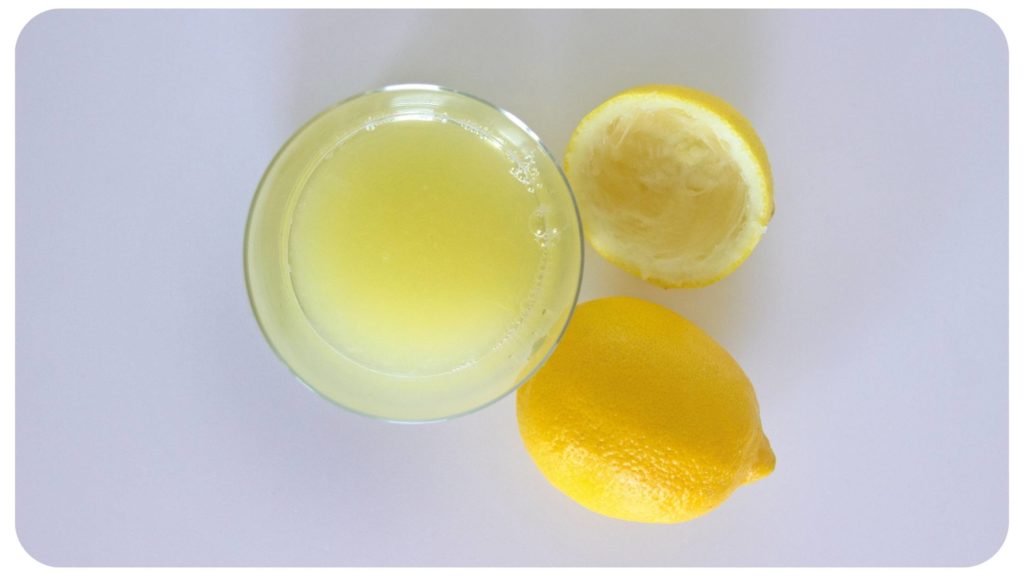
Can lemon kill cats?
Lemon poisoning can be fatal in cats. The severity and signs of lemon poisoning will depend on how much lemon your cat has consumed. Small amounts can cause gastrointestinal distress and result in a lack of appetite, diarrhea and vomiting. If a larger amount of lemon is eaten by a cat it can lead to more serious side effects such as low blood pressure, behavioral changes and even death.
What happens if a cat eats lemon?
If your cats eats any part of a lemon, you must contact your vet immediately as poisons act quickly. Do not be tempted to try and make your cat sick as this can aggravate the situation and cause more damage to your feline. Instead, remove the lemon to ensure your kitty doesn’t eat anymore and take it with you so your veterinarian can perform the relevant tests. When a cat is sick they often like to hide and act differently to how they normally do. The quicker you seek professional help, the more likely your cat will make a good recovery.
Symptoms of lemon poisoning in cats include:
- Vomiting
- Diarrhea
- Lethargy and weakness
- Drooling
- Skin irritation
- A rash
- Photosensitivity
- Tremors
- Cold paws and limbs
- Low blood pressure
- Liver failure
- Sudden death
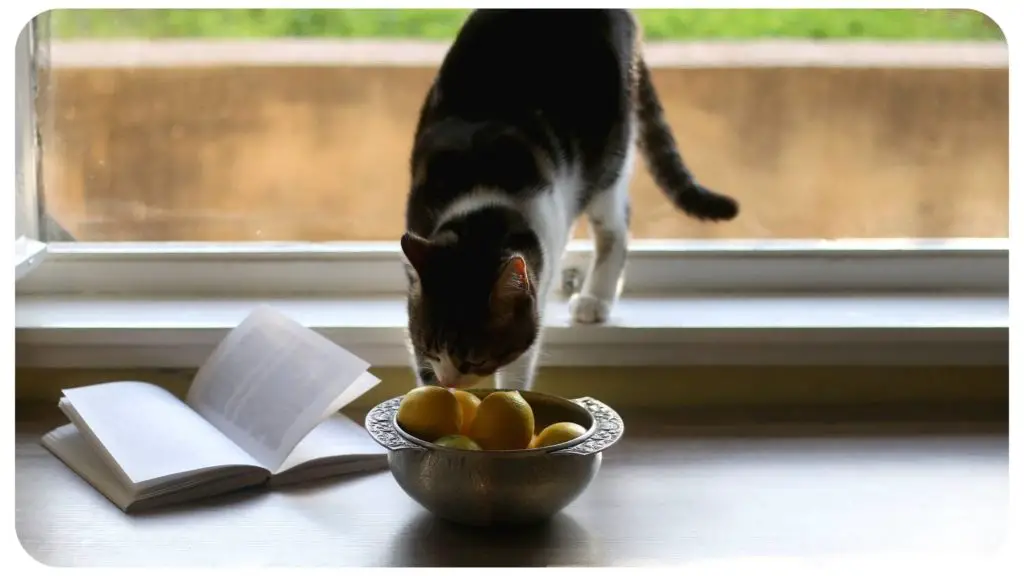
The treatment of lemon poisoning in cats will depend on whether they have consumed lemon or got some on their skin or paws. If your kitty has skin irritation from lemons, your veterinarian will give him a bath to wash the toxins off and soothe the skin. If your cat has ingested lemon then the treatment options may include a stomach wash to flush out any toxins that could cause harm.
Your pet will require constant monitoring after treatment in case they become dehydrated, which may require an IV fluid drip.
Do cats like lemon juice?
A cat’s nose is its most important sense organ that contains 200 million scent receptors.
Just like dogs, cats generally hate the smell of all citrus fruits as the strong smell can offend sensitive noses, but that may not be enough to stop them from taking a lick. Even though they hate the smell, their inquisitive nature may tempt them into tasting the offensive object.
Can cats have lemon and pepper?
As we now know, if a cat consumes or comes into close contact with any part of a lemon, it can cause harm as it contains toxins.
Pepper contains piperine which irritates a cat’s sense of smell. Therefore, feeding your cat a combination of lemon and pepper will put your feline at risk of lemon poisoning which can be severe and even fatal.
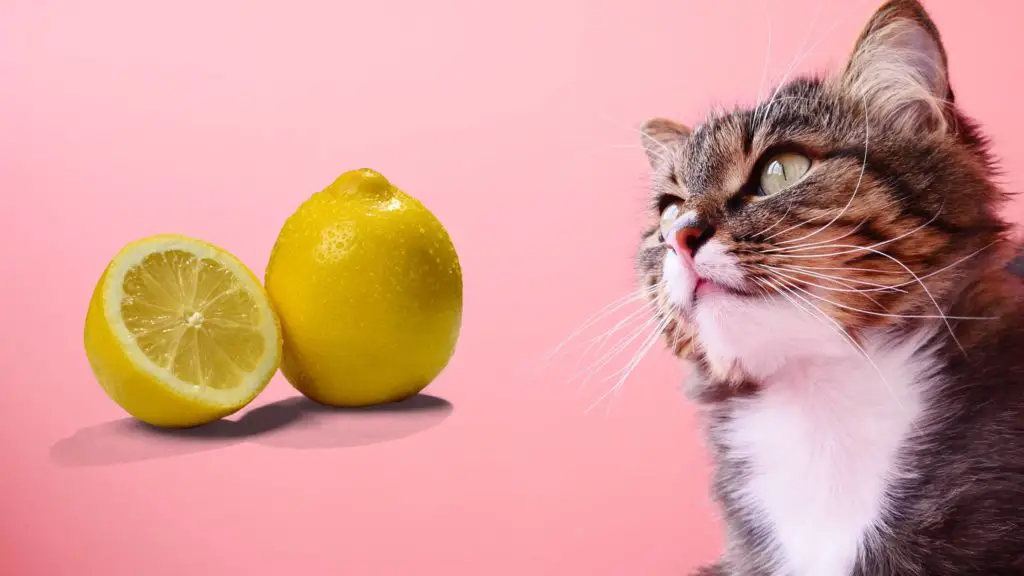
What about lemon-flavored water and foods?
Lemon water has traditionally been used as a natural flea treatment by spraying a cat’s fur with a mixture of lemon and water. Whilst spraying your cat with lemon water is less harmful than your cat drinking it, this method comes with risks as we all know how much cats enjoy licking themselves clean and even a small amount of lemon can make your cat very ill.
It’s safest to prevent your cat from coming into contact with all lemon-flavored foods and drink.
Cats and lemons
Lemons are not safe for cats in any form and can cause serious and even life-threatening symptoms. Keep your kitty safe by making sure all poisonous citrus fruit, including lemons, limes, oranges and grapefruits are kept out of reach of little paws by storing them in a cupboard or refrigerator.
More Useful Cat Info!
Want more useful information about looking after your cat? Here are some of our favorite cat articles:
- Can Cats Eat Cucumbers? Are Cucumbers Good for Cats?
- How Long do Cats Live?: Factors that Affect Cat Lifespan
- Do Cats Whiskers Grow Back? Everything You Need to Know about Cats Whiskers
- Can Cats Eat Whipped Cream? Is It Safe?
References:
- VCA Hospitals, ‘Gastroenteritis in Cats’, https://vcahospitals.com/know-your-pet/gastroenteritis-in-cats, Accessed – 7 May 2021

